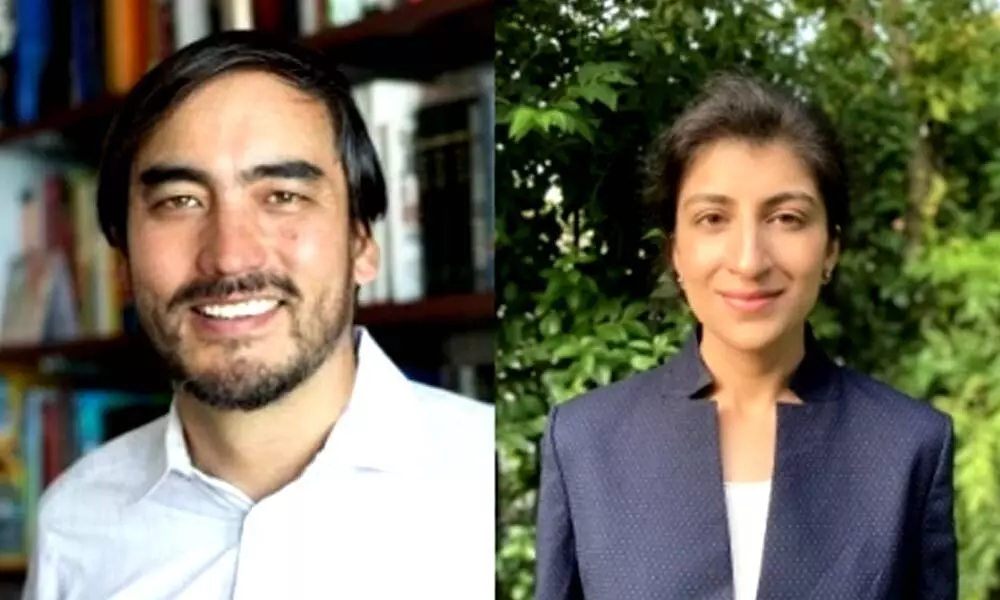Timothy Wu, Lina Khan: Biden's evolving Big Tech antitrust team

Timothy Wu, Lina Khan: Biden's evolving Big Tech antitrust team (Photo/IANS)
If we're smart about accounting, Facebook should be paying all of us - is one of the ways Timothy Wu thinks about technology.
New York: If we're smart about accounting, Facebook should be paying all of us - is one of the ways Timothy Wu thinks about technology. Wu, until recently a Professor at Columbia University's law school and the man who coined the term 'net neutrality', is wading into a new role as the Joe Biden administration's linchpin on technology and competition policy. His scholarly work so far signals a bare-knuckle regulatory agenda against big tech platforms.
There's also Lina Khan, from Columbia Law, who Biden has reportedly tapped for a role in the Federal Trade Commission. If nominated, and that seems to be the plan, Khan will have to survive Senate confirmation. If confirmed, Khan, 32, would be one of three FTC Democratic commissioners (and the youngest ever) overseeing privacy, data security and antitrust.
Together, Wu and Khan embody an intellectual construct that has become the signature anthem of the progressive antitrust revival after Donald Trump's election in 2016.
The alarm bells have already gone off, a while before Wu and Khan's ascendancy in the Biden era became public. "They may think they're too big to be held accountable, but Lina Khan is proving them wrong," Senator Elizabeth Warren gushed in a recent TIME appreciation.
The duo's approach to Big Tech is clear in their groundbreaking papers. While still a law student at Yale, Khan cranked out a 96 page zinger titled "Amazon's Antitrust Paradox", published in the Yale Law Journal in January 2017.
Broadly, Khan's argument is that the old antitrust framework needs an internet era fix. She makes the case that the consumer surplus argument alone isn't enough or ever intelligent anymore.
Khan frames the next era of competition policy for platform markets in the form of two questions: "First, does our legal framework capture the realities of how dominant firms acquire and exercise power in the internet economy? And second, what forms and degrees of power should the law identify as a threat to competition? Without considering these questions, we risk permitting the growth of powers that we oppose but fail to recognise.
Khan suggests applying elements of public utility regime or essential facilities obligations to dominant online platforms to "maintain the benefits of scale while limiting the ability of dominant platforms to abuse the power that comes with it".
Wu, the author of "The Curse of Bigness: Antitrust in the New Gilded Age", has a way of constructing stories via analogies - "it is not the biological chisel but the technological chainsaw that is most quickly redefining what it means to be human".
In his public remarks, he asks audiences to think deeply about what it means to pay with data, rather than with traditional forms of payment and whether societies are worse off when technology gets better. He makes the case that collective action by consumers must persist and push technology giants in directions that will define how we live, work and thrive in the age of algorithmic mediation.
When the Department of Justice and 11 US states sued Google in 2020, Wu told NPR: "This case signals that the antitrust winter is over."








